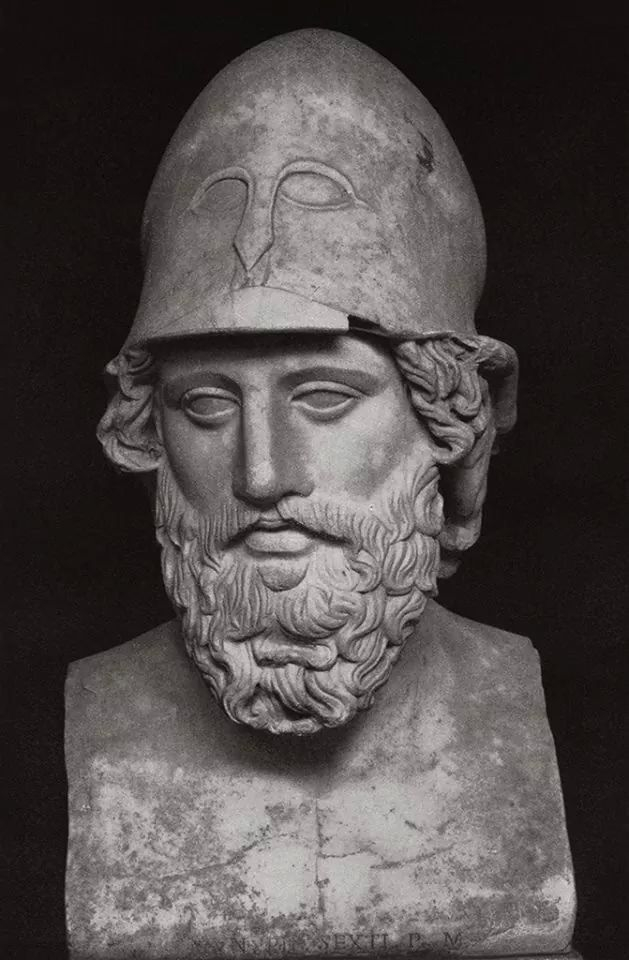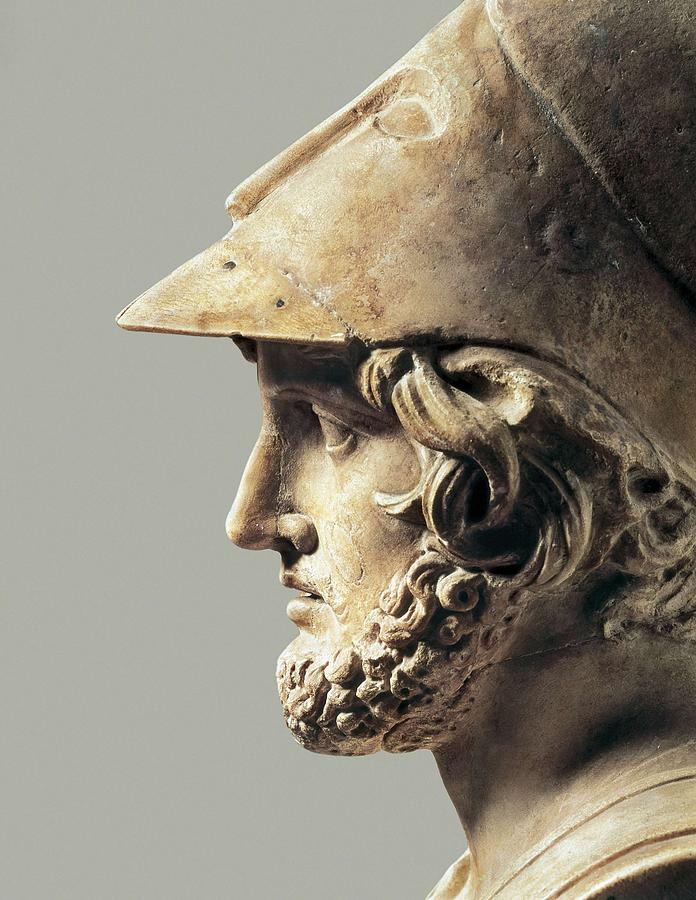Themistocles planned the Greek defense against the Persians
Themistocles was an Athenian statesman and naval strategist whose emphasis on naval force and military talents proved useful during the Persian wars. He was the architect of Athenian sea strength and the primary liberator of Greece from Persian rule at the Battle of Salamis in 480 BCE.
Plutarch portrays Themistocles as "the man most instrumental in accomplishing the salvation of Greece" from the Persian danger, and he can still be regarded as such. As a statesman and naval strategist, Themistocles planned the Greek defense against the Persians. His naval strategies would also have a long-term impact on Athens, as maritime dominance became the foundation of the Athenian Empire and the golden period.
Thucydides described Themistocles as a man who demonstrated the most undeniable marks of brilliance; indeed, in this particular, he had an amazing and unequaled claim on our adoration.
Many other Greek leaders recognized what was about to happen, and in the autumn of 481, they convened in Corinth to plan for the war against the invaders. At this point, Themistocles persuaded the Athenians that they needed to prepare for the departure of their city. The navy was dispatched to two locations: Artemisium and Salamis. Themistocles proposed the decree.
Themistocles was in command of the Greek naval force at Artemisium during the Battle of Thermopylae when he received word that the Persians had taken the pass at Thermopylae. Because the Greek defense strategy necessitated the holding of both Thermopylae and Artemisium, the decision was taken to withdraw to the island of Salamis. The Persians conquered Boeotia and then seized Athens, which had been evacuated. In late 480 BC, the Greek fleet, seeking a decisive victory over the Persian armada, attacked and defeated the invading force at the Battle of Salamis. Wary of being stuck in Europe, Xerxes withdrew much of his army to Asia, reportedly losing many of his troops to starvation and disease, and leaving behind the Persian military commander Mardonius to continue the Achaemenid Empire's Greek campaign. However, the next year, at the Battle of Plataea, a Greek army decisively defeated Mardonius and his forces, effectively ending the second Persian invasion.












